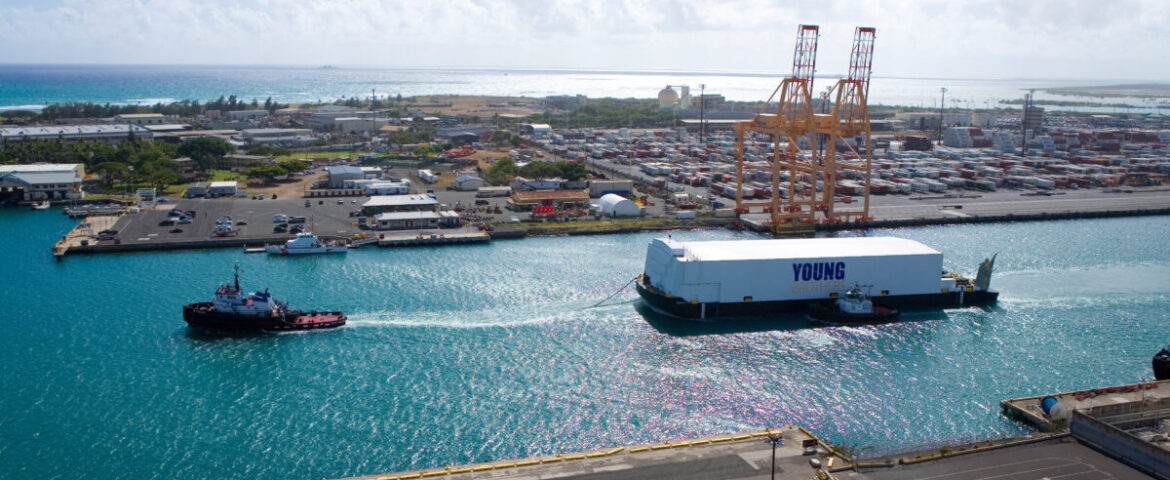A stream of recent announcements suggests that a global market for storing and utilising carbon is emerging, comments Peter de Langen.
Carbon can be captured from industrial processes like producing oil refi neries, ethanol production or turning gas or coal into chemicals (such capture is relatively cheap) and from power plants (for instance that use coal or biomass).
In addition, carbon can be captured directly from the air, and subsequently stored – though this is much more costly. Institutions like the International Energy Agency argue that CCUS (Carbon Capture, Utilisation and Storage), including capturing carbon from air and storing it, is needed to achieve climate change goals.
While CCUS was regarded by some stakeholders as a way for the fossil fuel industry to stay in business, the more positive view that CCUS is needed is increasingly widespread, also in view of the likely slower pace of the transition to sustainable energy in emerging economies.
From a commercial perspective, this creates a huge market for storing and utilising carbon, a market that is widely expected to grow rapidly, as more emissions fall under an emission trading scheme and the price of ‘emission credits’ is increasing.
Various projects aim to cater for this demand (see Facilities – Global CCS Institute co2re.co). The recent announcement of the launch of a dedicated CO2 shipping company (Dan-Unity CO2) is interesting in this respect, especially in view of its partnership with a company from Iceland (Carbfix) which has developed technologies for storage of the carbon in rocks. These partners claim that the total costs of shipping CO2 and storing it in Iceland, may be cheaper than initiatives to store CO2 locally, i.e. close to where it is captured.
All in all, CO2 may become another new commodity for ports, like hydrogen, with competition between alternative storage and utilisation ‘offerings’ ongoing. However, due to scale economies and first mover advantages involved, this competition is not ‘just’ between companies, but also has an element of policy competition, between different countries aiming to enable ‘their’ CCUS projects to become first (or at least early) movers – which is probably a good thing for society at large, as it helps speeding up CCUS and reducing CCUS costs.
Ports may play an important role in this new competitive landscape and may also keep in mind the potentially lasting effects of achieving an early mover status for both their position as transport hubs and as industrial clusters.
First published @Port Strategy.













